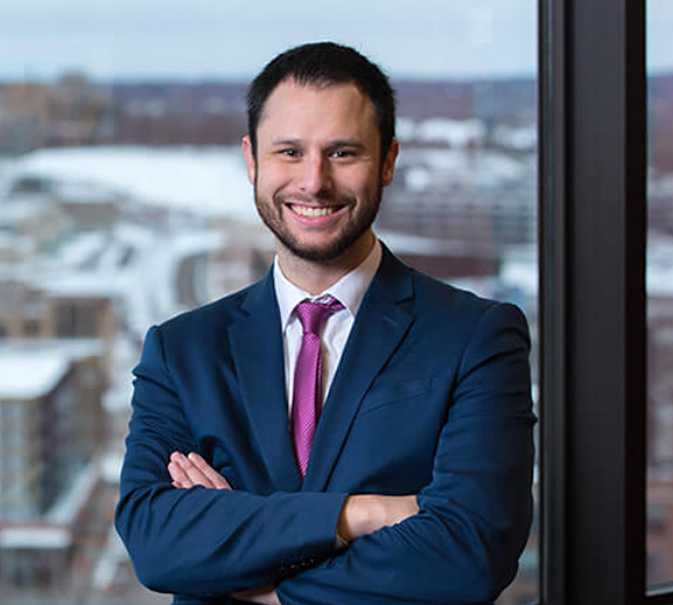There’s little worse than filing a workers’ compensation claim for an injury sustained at work and having that claim denied. It likely feels like a slap in the face to the injured employee who is dealing with pain, mounting medical bills, and other concerns.
If an injured employee was denied workers’ comp benefits in Minnesota, s/he has the right to appeal the denial with the Minnesota Department of Labor and Industry (MDLI). Before doing anything, however, it is imperative to review the reasons given by the insurer for denying the claim. By law, the insurer must send claimants a form that clearly explains both legal and factual reasons for the decision. In many cases, denial results from a dispute that the employee’s injuries were, in fact, work-related.
Beginning an Appeal
The first step in an appeal for alleged wrongful denial of benefits is to complete an Employee’s Claim Petition. This form enables the employee to explain:
- The how, when, where, and what of the workplace injury
- Medical treatments received
- Type of benefits sought
In addition to this form, the injured worker must submit a physician’s report to support the claim. Forms are available on MDLI’s website. Once completed, the form must be filed with the MDLI and a copy sent to the employer and workers’ compensation insurer. The statute of limitations to file an appeal is typically three years from the date of the accident report.
Injured workers may represent themselves or use the services of an attorney. Because of the complex nature of workers’ compensation law, many experts recommend obtaining legal guidance through this process unless the dispute is simple and the injuries are minor.
Medical and/or Rehabilitation Claims
The MDLI places priority on appeals related to medical treatment or rehabilitation. The injured worker or the employer’s insurer must file a Medical Request or Rehabilitation Request with the MDLI that will typically schedule an administrative conference as quickly as possible. During this conference, a mediator assesses both parties’ evidence and claims and encourage a mutual and voluntary agreement to be made between the parties involved. If such an agreement cannot be made, then the mediator will issue a binding Decision and Order which may be appealed by either party by filing a Request for Formal Hearing. For simple cases with abundant clear information, the MDLI may issue a Decision and Order without an administrative conference.
However, in complicated cases which involve legal issues, the MDLI may forward the case to the Office of Administrative Hearings (OAH) that will schedule a more formal hearing. The most common types of cases sent directly to the OAH involve serious financial hardship or the insurance company’s refusal to authorize surgery.
The OAH hearing operates much like a regular civil court of law with both parties presenting evidence and testimony to the presiding OAH judge. The judge is the sole decision maker for ruling on procedures, evidence, and testimony, and in issuing the final verdict. A final written decision is usually issued within 30 to 60 days following the hearing’s conclusion.
Whereas most cases that reach OAH hearing level involve attorneys on both sides, there are guidelines for petitioners who appear pro se (representing themselves). Due to the increasing complexity of these hearings, representing oneself is not recommended.
Challenging the OAH Decision
If the injured employee disagrees with the OAH judge’s ruling, s/he can file an appeal with the Minnesota Workers’ Compensation Court of Appeals (WCCA) as long as s/he does so within the allotted time limits. Reasons for an appeal usually involve claims that the judge committed an error of law or that insufficient evidence existed for said decision. If the worker disagrees with the WCCA’s decision, s/he can file an appeal with the Minnesota Supreme Court within 60 days. With increasing intricacies at each level, the necessity for an experienced workers’ compensation attorney becomes more apparent.
Deciding which Form to File
Determining whether to file an Employee’s Claim Petition or Medical Request Form is complicated because of the various steps involved, time limits, and with whom to file certain forms and appeals. In some cases, an injured employee must exhaust his or her managed care medical plan’s dispute resolution process; in other situations, the employee must consult with the insurer’s adjuster or claims representative; and in other cases, the worker can request assistance from the Department of Labor and Industry (DLI).
All of these factors essentially necessitate consulting with an experienced and knowledgeable workers’ compensation attorney to ensure that the appeal adheres to all rules and has the greatest opportunity to bring about the best outcome. For more information about workers’ compensation claim denials or to schedule a consultation please contact us.

